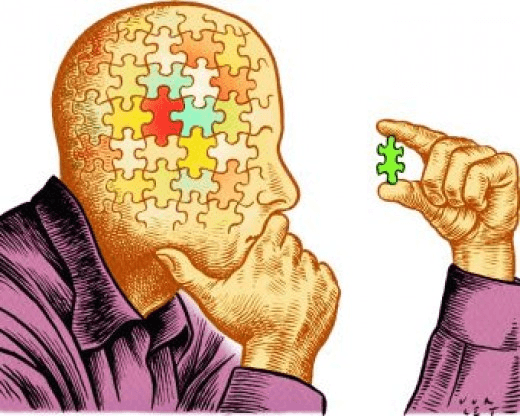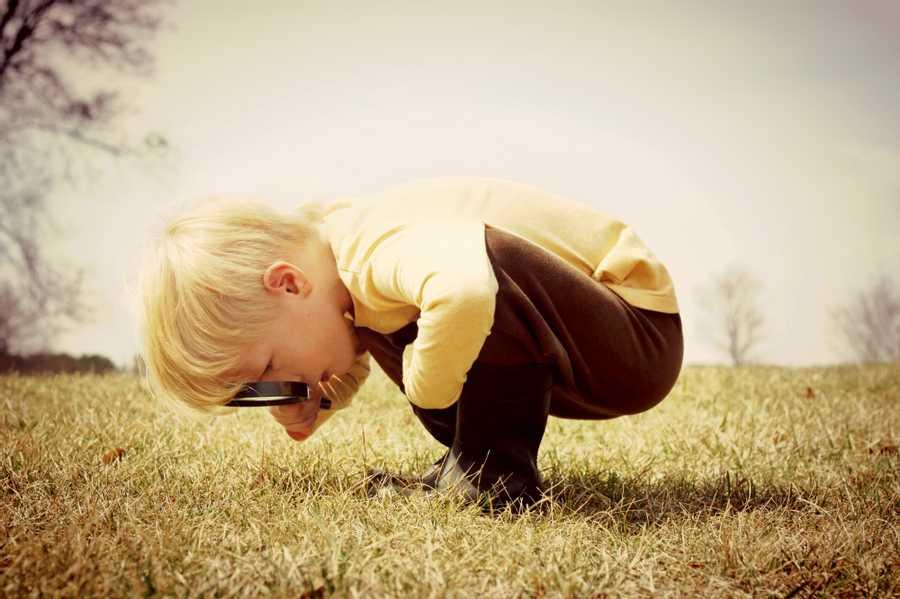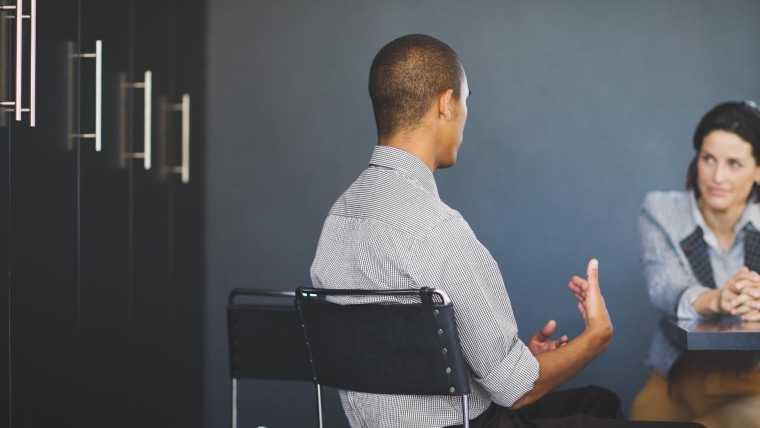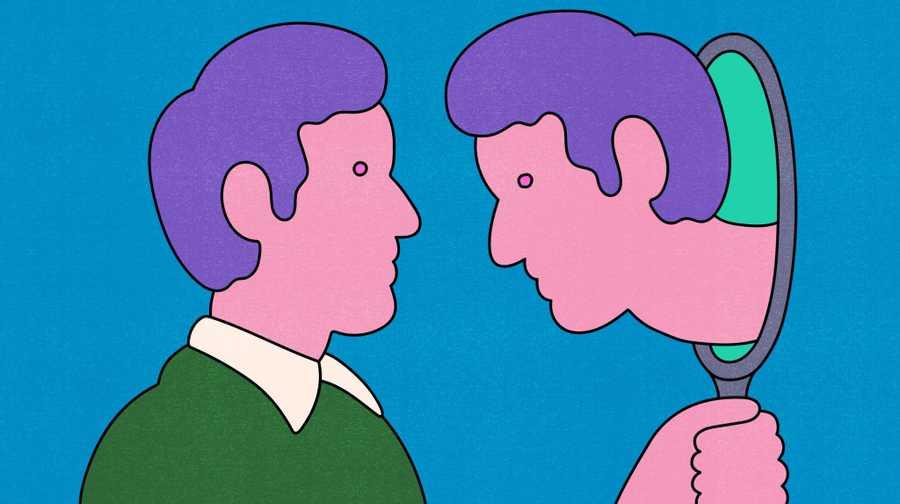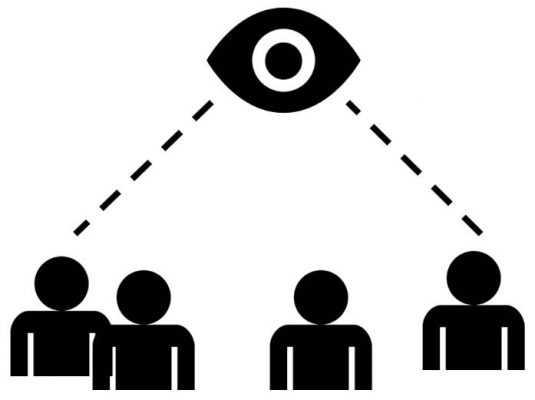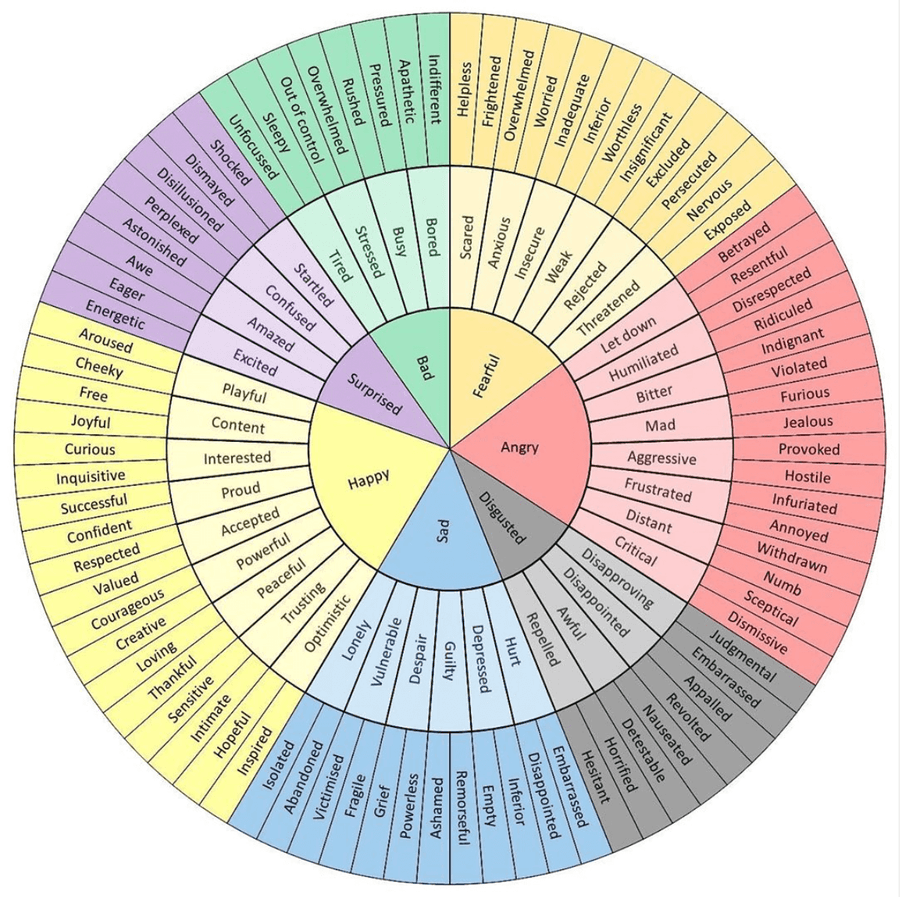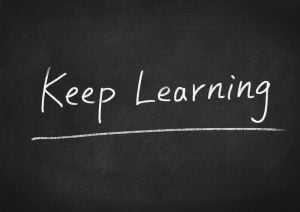Learn more about personaldevelopment with this collection
Improving sleep through mindful breathing exercises
Practicing stress reduction and relaxation techniques
Establishing a relaxing bedtime routine
What is self-awareness
Self-awareness is the recognition of one's own emotional state at any given point in time.
We are far to often, wholly unaware of the emotional state we are currently in, and the degree to which that state influences our behavior and thought process.
- To the degree that we can manage our emotional states, we are abetter able to manage these other elements of our lives as well.
107
1.07K reads
1. Be curious about who you are
To be self-aware, a person needs to be curious about themselves. Our minds and bodies are territories for which we yet need road maps.
Every person has some roads they do not wish to take, and some roads they feel are worth exploring. How far you’ll go in your journey of understanding yourself depends on what you’re ready to explore and experience.
97
764 reads
2. Let your walls down
When we see something we don't immediately like in ourselves, our first reaction could be to defend ourselves from it, which is partly why self-awareness is so challenging.
Try to let go of judgment and the instinctual urge to protect yourself.
- You become self-aware through a willingness to let go of defensiveness, and an openness to seeing yourself in a way that is different from what you have always assumed.
Often this means you have to be willing to see yourself in a less-than-positive light.
95
613 reads
3. Look in the mirror - literally
Looking into the mirror as a meditation tool you can increase your self-awareness.
When people first look at themselves, they are often very critical.
by looking in the mirror you can:
- Teach yourself how to shift your perspective and use your reflection for deeper self-awareness.
- You will learn to track your attention and emotions and gain new insights into how your thoughts are affecting them in real time.
96
578 reads
4. Keep a journal and note what triggers positive feelings
Journalling is a great way to start this process of being mindful.
As you are journaling, pay attention to your day.
- Ask yourself how you feel.
- if there are negative feelings associated with the day, think about what triggers may have caused them to bubble up.
- For any positive feelings, think about what may have triggerd you to feel happy.
98
539 reads
5. Substitute some screen time with people time
The average amount of time we spend gazing at our screens now surpasses our time in face-to-face contact.
Science tells us that we need reflections to develop our sense of self in relation to others. As we spend more time alone and on our devices, we miss this essential human mirroring.
The symptoms lack of mirroring are becoming more apparent in our society:
- Increased anxiety
- Lack of empathy
- Intense self-objectification
93
507 reads
6. Ask others how they see you
Not only should we build face-to-face social actions, but also use a portion of this time to learn about how our loved ones perceive us.
- Talk to your closest loved ones and be courageous enough to ask how they perceive you in various situations.
- Getting perspective on how you behave or come off in certain situations can help us bring into our awareness something that was previously invisible to us.
- Therapy is great for this, too.
92
448 reads
7. Angry at someone? take the 'third person' perspective
Ultimately the benefits of self-awareness are to serve not only you in emotional manegment, but also serve your relationships.
If you catch yourself raising your voice, you may feel justified due to being upset. However, for the person with you (second person), the experience will be quite different.
94
448 reads
8. Keep checking in with yourself (and a list of feelings)
Clinically, the most effective method for the development of self-awareness is a pause and brief check-in wiht oneself:
- How am I feeling right now?
- What do I think might be driving that feeling?
This may seem absurdly simple, but in practice, it can be quite difficult to find the right feeling.
- use a wheel of emotions to find the right emotion you experience
99
480 reads
9. Keep learning - the journey never ends
Read and learn about the psychology and practices of self-awareness.
Get excited about gaining the knowledge that will in turn teach you about yourself.
93
519 reads
IDEAS CURATED BY
I'm passionate about helping people live their best lives. I'm a lifestyle coach and fitness trainer, and I also write and take photographs. Check out the link below for more and follow me on twitter!
Other curated ideas on this topic:
7 ideas
What Is Self-Awareness and How to Improve It
productive.fish
7 ideas
Why You Suck at Self-Awareness
markmanson.net
3 ideas
How Self-Awareness Can Improve Your Relationship
yourtango.com
Read & Learn
20x Faster
without
deepstash
with
deepstash
with
deepstash
Personalized microlearning
—
100+ Learning Journeys
—
Access to 200,000+ ideas
—
Access to the mobile app
—
Unlimited idea saving
—
—
Unlimited history
—
—
Unlimited listening to ideas
—
—
Downloading & offline access
—
—
Supercharge your mind with one idea per day
Enter your email and spend 1 minute every day to learn something new.
I agree to receive email updates

